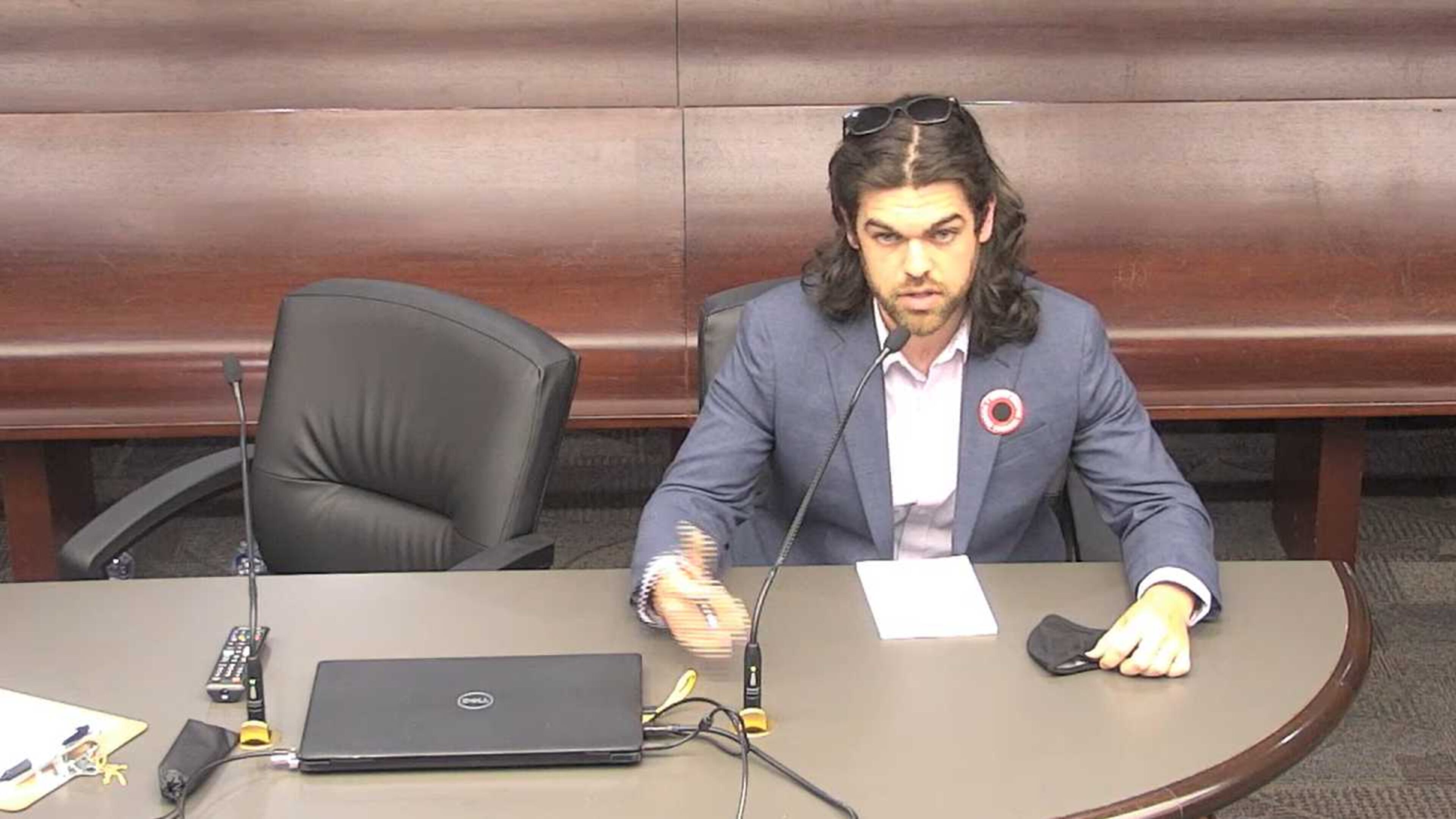Georgia college students want ‘temporary’ fee to go away

For students taking courses at any of Georgia’s 26 public universities, there’s one cost they can’t avoid that has long irritated them, parents and several elected officials.
The “special institutional fee” — approved by the state’s Board of Regents in 2009 to help the schools wade through the Great Recession — ranges from $200 a semester at some Atlanta-area schools, to more than $500 this fall at Georgia Tech.
And it’s mandatory.
A committee led by state Sen. Lindsey Tippins, R-Marietta, recently released a nine-page report reviewing all of the University System of Georgia’s student fees, which pay for things such as health care, use of the student center and transportation.
The report includes a recommendation to eliminate the special institutional fee. One suggestion is to include it in tuition costs, which would allow many students to pay for it through their lottery-funded HOPE or Zell Miller scholarships.
“If we are actually interested in making Georgia’s higher education competitive, we need to keep it affordable so all students, whether in state or out-of-state, can afford it,” University of Georgia graduate student Bryant Barnes told the committee during a hearing.

The two other recommendations to cover the fee are for the schools to find ways to cut costs or increase the budget for the University System to pre-recession levels. The percentage of state funds that go to the system’s budget has dropped from about 67% in 2008 to about 48% during the fiscal year that ended in June.
And, as Georgia Budget & Policy Institute higher education analyst Jennifer Lee observed: “We can’t forget that the legislature cut colleges’ budgets by 10% two years ago and those cuts have not yet been restored.”
Tippins said the special institutional fee quickly became a focus of the special committee’s work of reviewing the University System’s fees. He plans to discuss the issue with the state’s Board of Regents, the system’s governing body, and brainstorm other ways to cut costs.
“I want them to clearly understand what our intentions were and try to work with them on a solution,” he said.
Acting University System of Georgia Chancellor Teresa MacCartney said she plans to discuss the recommendations with the board when they meet in January. She noted the board did not increase any fees this year. The board typically approves any changes to tuition and student fees at its April meeting.
Eight system schools charge more than $1,000 in total fees a semester. Georgia Tech has the most expensive fees, at $1,297 a semester for undergraduate students. The fees for many Georgia schools are higher than flagship universities in neighboring states.
The bulk of those fees is for the special institutional fee, which was supposed to be “temporary,” the committee’s report noted. The fee now brings in about $230 million a year in revenue for the schools. Many online and part-time students pay the full cost of that fee.
State Sen. Sally Harrell, D-Atlanta, introduced a bill in March that would result in lower fees for part-time students. The report recommends a “fairer and more consistent” approach for those students.
MacCartney said other fees help pay for many public-private ventures between colleges and companies, primarily to build student recreation centers.
Harrell, who served on the committee, lamented that the fee still exists.
“It was supposed to be temporary,” she said during one meeting. “But here we are and it is still there.”
Special institution fees
Georgia Tech $544
University of Georgia $450
Georgia State (Atlanta campus) $404
Kennesaw State $300
University of West Georgia $290
Clayton State $250
Georgia Gwinnett College $245
University of North Georgia $225
Atlanta Metropolitan State $200



